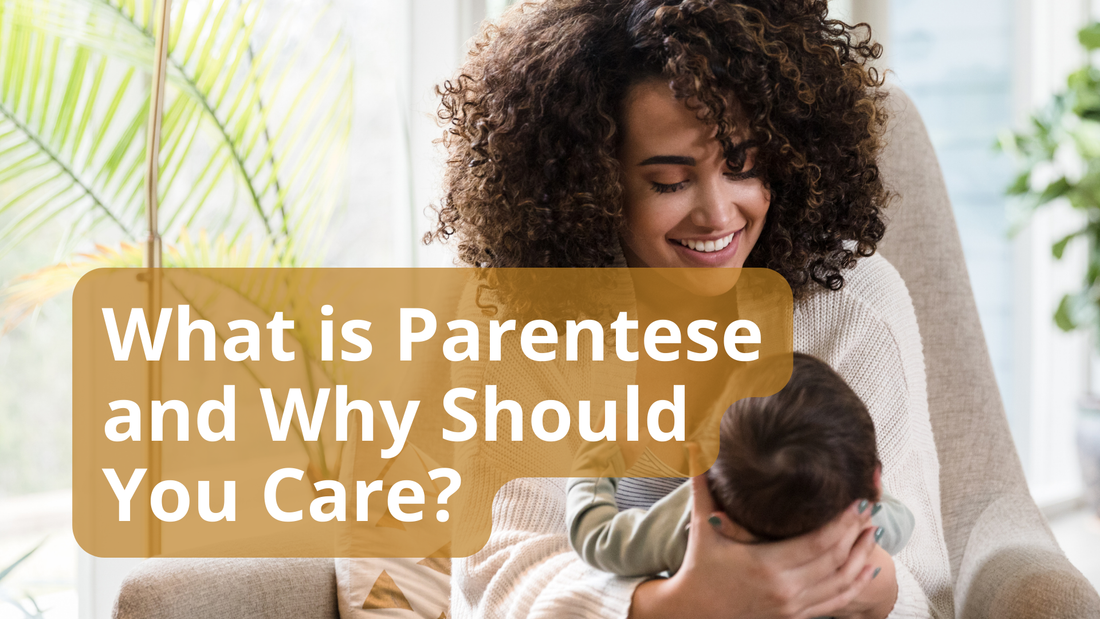
‘Baba nana?’ or ‘You want a banana?’
Share
Should you use baby talk with your baby? No! Rather use parentese.
As parents, we instinctively look at our babies and try to connect, and one of the most effective ways to do so is through 'parentese'. It's something most parents do naturally. Parentese is a particular way of speaking to babies, characterised by a higher pitch, slower tempo, and exaggerated intonation.
Unlike 'baby talk', which is a mix of nonsensical sounds and words, parentese uses real words and correct grammar.
But why is parentese important? Research has shown that parentese can significantly boost an infant's language skills and increase conversational turn-taking between parent and child. This engaging speaking style draws the baby's attention and is a social hook for their developing brain. It simplifies language learning with its exaggerated sounds and rhythmic pattern, making it easier for babies to pick out words and respond, even if it's just through babbling.
Parentese is beneficial because it helps infants focus their attention and aids them in distinguishing individual words and phrases. The sing-song nature of parentese is not only pleasing to a baby's ear but also encourages them to listen more attentively. By slowing down speech, parents help babies recognize where words and sentences begin and end, which is crucial for language acquisition.
Moreover, the use of parentese is associated with improved language outcomes. When parents are coached on the value of parentese, they tend to use it more often, leading to more parent-child conversational turns and, eventually, enhanced language skills in the child. This coaching can lead to changes in the parents' language, which in turn positively affects the child's speech development.
In essence, parentese is a powerful tool in the early stages of language development. It's not just about the words we say but how we say them. By adopting this style of communication, you can provide your children with a strong foundation for learning language, setting them up for success in their communicative abilities.
So next time you're chatting with your little one, remember that your high-pitched, happy tones are more than just cute—they're a catalyst for growth.
